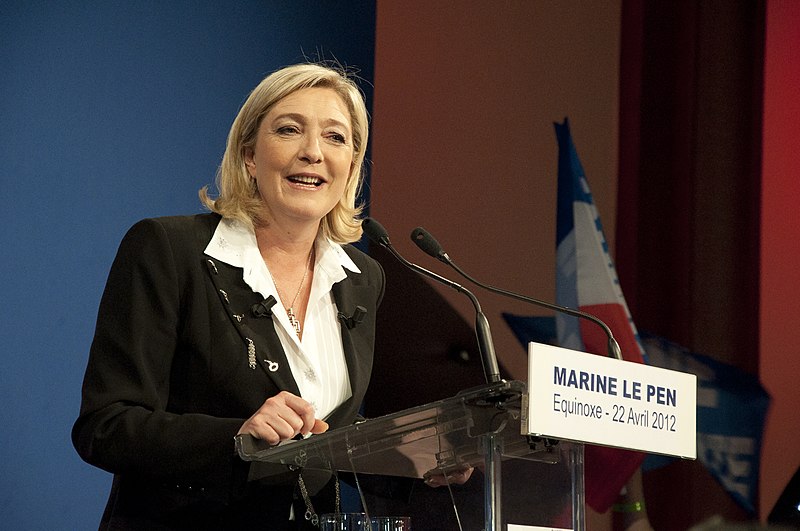
French voters started casting their ballots on Sunday in the first round of a snap parliamentary election, which could potentially usher in the country’s first far-right government since World War
Two, marking a significant shift within the European Union.
President Emmanuel Macron called the election after his centrist alliance was overwhelmingly defeated by Marine Le Pen's National Rally (RN) in the recent European elections. The RN, known for its eurosceptic and anti-immigrant stance, is closer to power than ever before.
Polls opened at 0600 GMT and will close at 1600 GMT in smaller towns and cities, with bigger cities closing at 1800 GMT. The first exit polls and seat projections for the decisive second round on July 7 are expected later today. The complex electoral system makes it challenging to predict the exact seat distribution in the 577-seat National Assembly, with final results awaited until the end of voting on July 7.
Le Pen expressed confidence, stating, “We are going to win an absolute majority,” and predicted her protégé, 28-year-old Jordan Bardella, would become prime minister. Her party’s high-spending economic program aims to cut immigration. A victory for the RN could lead to unprecedented diplomatic turbulence, with Macron, who plans to continue his presidency until 2027, and Bardella vying to represent France.
At a voting station in Sevres, near Paris, Didier Delacroix, a 70-year-old former company director, revealed he voted for Macron’s alliance, remarking, “Otherwise it’ll be a complete mess.” France has experienced three periods of “cohabitation,” where the president and government came from opposing political camps, but never with such stark ideological divides.
Bardella has indicated he would challenge Macron on global issues, potentially shifting France from being a key EU player to a contentious presence, demanding a rebate on the French EU budget, clashing with Brussels over European Commission positions, and reversing Macron’s calls for EU unity and defense assertiveness. Additionally, a clear RN victory could complicate France’s stance on the Russia-Ukraine conflict. Le Pen, historically sympathetic to Russia, now states that the RN would support Ukraine’s defense, but with conditions, such as refusing to supply long-range missiles.
Split Vote Benefits RN
Opinion polls indicate the RN has a lead, with 33-36% of the vote, while the New Popular Front, a hastily formed left-wing coalition, trails at 28-31%. Macron’s centrist alliance is in third place, with 20-23%. The New Popular Front includes parties from the moderate centre-left to the hard-left, eurosceptic, anti-NATO France Unbowed, led by Macron’s staunch critic, Jean-Luc Mélenchon.
Translating poll numbers into seats is complicated by the electoral system, said Vincent Martigny, a political science professor at the University of Nice and Ecole Polytechnique. Candidates can win outright in the first round if they secure an absolute majority in their constituency, but this is rare. Most will need a second round, involving candidates who received votes from at least 12.5% of registered voters. The top scorer wins.
“If you have high participation, a third or fourth party might enter the fray, increasing the risk of split voting, which favors the National Rally,” said Martigny. For decades, voters and parties opposing the far right have united against it, but this unity might not hold this time. Martigny noted uncertainty over whether Macron’s candidates would step aside in the second round to allow leftist rivals to defeat the RN or vice versa.
Le Pen and Bardella have worked to normalize their party’s image, denouncing antisemitism, though critics argue their efforts are a façade, masking continued stigmatization of Muslims and foreigners. Photo by Rémi Noyon, Wikimedia commons.



































